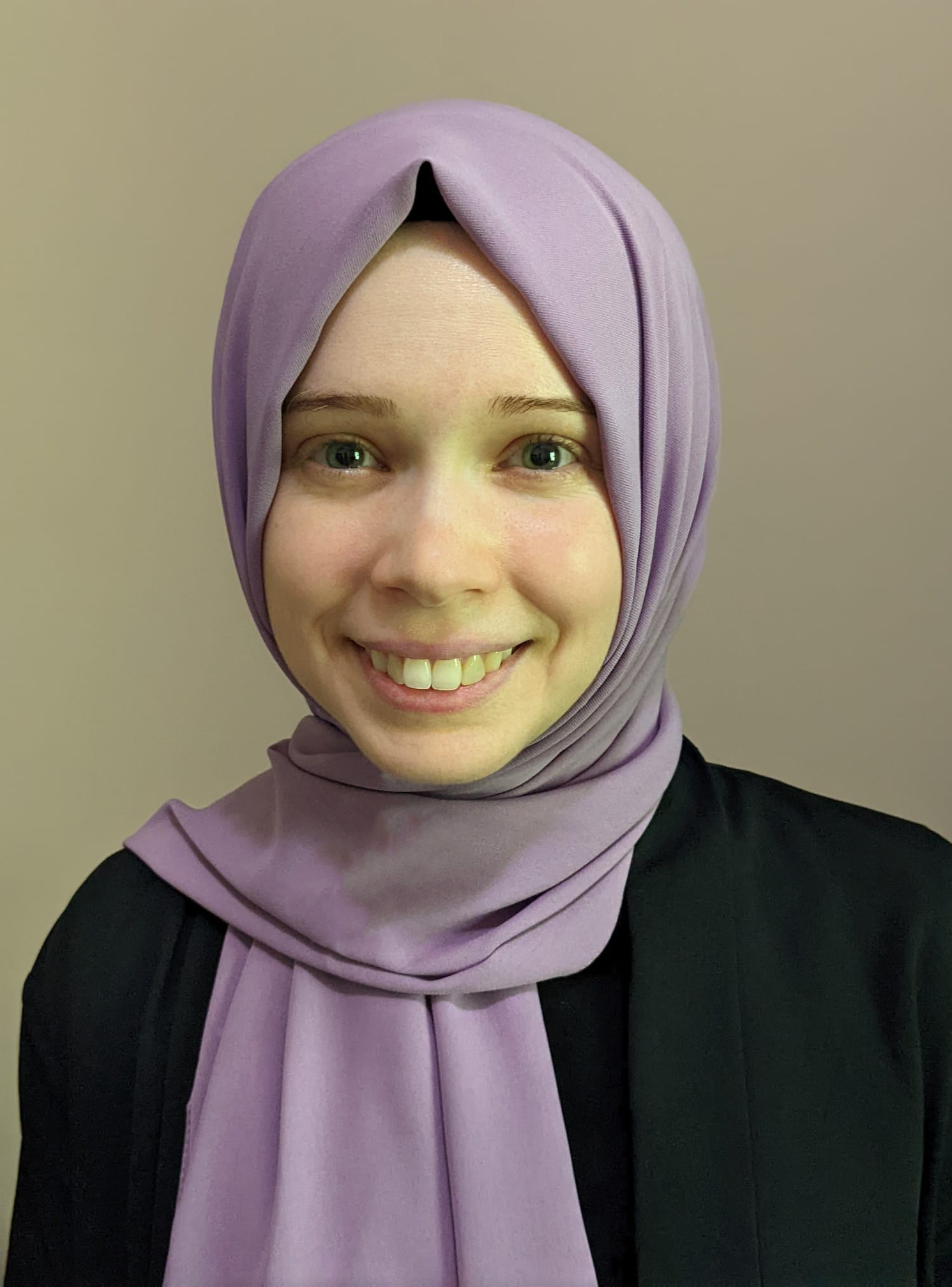Lily Herbert ’16 is a Ph.D. candidate in the Department of Geography housed in the University of North Carolina at Chapel Hill’s College of Arts and Sciences. Her summer fellowship allowed her to work on her dissertation, centering on hate crime legislation and its geographical ties.

Q: Tell us a little bit about yourself.
I grew up in Raleigh, and I went to undergrad at UNC-Chapel Hill where I was a global studies and geography major. After I graduated, I started working at the Center for European Studies as a digital communications assistant. I also worked in an outreach capacity for them for K-12 educators throughout the state. I got a different look at the University and what it can do. I decided to go to graduate school and chose geography because, to me, it’s all the social sciences combined but grounded in real space and time.
Q: Tell us about your research.
My background research identified a tension — hate crime laws are popularly framed as protecting marginalized people, but they are enforced by institutions that have been shown to contribute to disproportionate harm against marginalized people. My question is this: What does this mean for hate crime data?
FBI data is contributed solely by law enforcement agencies and they’re under no mandate to collect data; it’s all voluntary. There’s a lot of geographic variation and missing data. For example, you see huge swaths of zero reported hate crimes across Alabama, Georgia, and Mississippi. But when reported hate crime rates are really high in places like New Jersey, it raises the question: are there really more hate crimes in New Jersey or are they more accounted for? I’m interested in North Carolina, but I’m looking at the whole United States. My data analysis is underpinned by critical theory, and I’m drawing in a lot of contemporary police and prison abolitionist thought.
Q: What has this summer funding allowed you to do?
I approach graduate school not necessarily as ‘I want to become a professor,’ but as ‘what can I do in terms of contributing to academia?’ Earlier in my program, I worked as a communications assistant, took on side jobs and built up my technical skills like graphic design and data visualization. These experiences enriched my research design and communication, allowing me to consider a wide array of novel techniques. However, I’ve hit the point where I need to focus on my dissertation research and summer funding is helping me do that.
Q: What has this summer funding meant to you?
I see it as a vote of confidence that I made the right decision to pursue my focus area. My approach has required a fair amount of interdisciplinary coursework and extracurricular training. So, I do see it as a sign that I made the right decision in pursuing relevant training and pursuing a project that stretches beyond my initial comfort zone to make a significant impact both inside and outside the academy.
Q: What brought you to Carolina specifically?
I chose Carolina for the caliber of the geography program and my advisor. The person who brought me into the program was my undergraduate honors thesis advisor, Banu Gökarıksel. From working with her as an undergraduate, I knew she was an excellent mentor and has stuck with me on my own journey through learning about research. Along the way, I was privileged to add another advisor, Paul Delamater, who’s also amazing.
Q: Have you attended any The Graduate School’s programming?
Yes, absolutely. I have attended a few seminars on professional development. One of them was an alumni panel and that was really helpful because it was unique, specific, and I was able to reach out to at least one of them afterward and make a connection. I’ve also attended some of the Beyond the Professoriate webinars.
By Kate Slate, Carolina Graduate School Magazine
